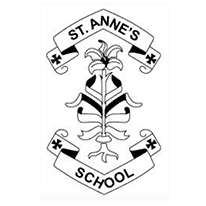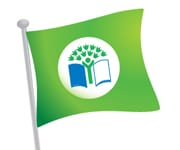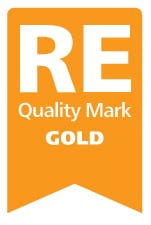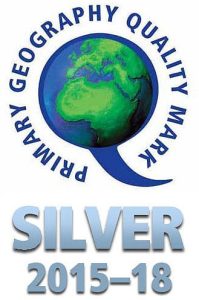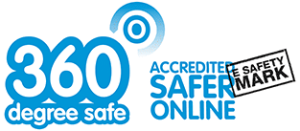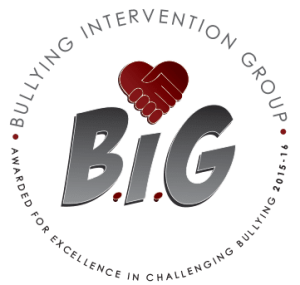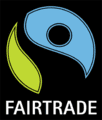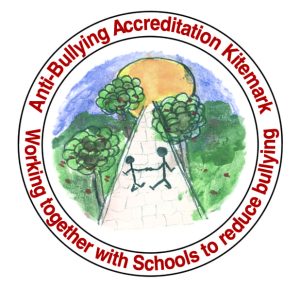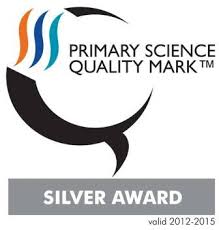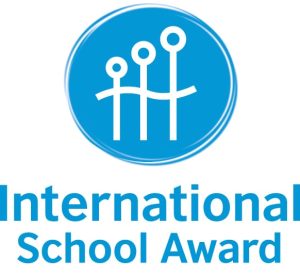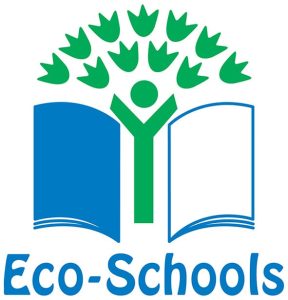Science Curriculum
Science intent, implementation and impact
Intent
At St Anne’s Primary School we believe that a sound knowledge of science is the bedrock to understanding how the world works. Only through a thorough knowledge of scientific principles and the scientific method can our children understand the built environment around them and the technologies we rely on every day.
We want pupils to develop a complex knowledge of Biology, Chemistry and Physics, but also adopt a broad range of skills in working scientifically and beyond. We aim to provide fun, practical and engaging lessons of high quality which will inspire the next generation of scientists. A good science education includes the acquisition of knowledge, concepts and skills. Importantly our curriculum will foster a sense of wonder so that children will continue to ask questions as they become independent learners.
Children will develop a scientific approach to life so they can critically explain what is occurring, make predictions on how materials or organisms may behave and analyse causes. Science at St Anne’s will also include cross curricular links – most notably with mathematics – where children will use skills and knowledge from other lessons to collect, present and analyse data.
Implementation
At St Anne’s staff create a positive attitude towards science learning in their classrooms through the use of engaging displays and lessons. We foster a belief in children that they can succeed and achieve high standards.
We have subscribed to the Kapow scheme of work for science. The scheme offers clear progression through each year group and provides resources including a focus on key vocabulary which we know is vital. Our spiral curriculum revisits essential knowledge and skills and increases complexity, allowing pupils to revise and build on their previous learning.
Throughout the curriculum, there is a focus on the following key strands.
- Scientific knowledge and understanding of:
○ Biology – living organisms and vital processes.
○ Chemistry – matter and its properties.
○ Physics – how the world we live in ‘works’.
- Working scientifically – processes and methods of science to answer questions about the world around us.
- Science in action – uses and implications of science in the past, present and for the future
No-one knows the needs and abilities of their children better than their class teacher. While we have subscribed to Kapow we encourage teachers to adapt and structure plans and resources to the specific needs of their children.
Science at St Anne’s encourages:
- A strong focus on developing knowledge alongside scientific skills across Biology, Chemistry and Physics.
- Curiosity and excitement about familiar and unknown observations.
- Challenging misconceptions and demystifying truths.
- Continuous progression by building on practical and investigative skills across all units.
- Critical thinking, with the ability to ask perceptive questions and explain and analyse evidence.
- Development of scientific literacy using wide-ranging, specialist vocabulary. We do not dumb down terminology or oversimplify language. Indeed, we have found that doing so can increase misconceptions among children. A subject specific vocabulary is vital for an understanding of science.
Science is taught in topic blocks each half term and the order of units has been arranged to ensure a progression of skills and knowledge from one year to the next. Equally, topic blocks within each year have been arranged to ensure progression of skills and knowledge. For example in Year 4 States of Matter will be taught prior to Sound as an understanding of solids, liquids and gases will aid comprehension of sound travelling through different mediums.
Visitors to school such as Captain Chemistry or educational visits will take place throughout the year to provide children with further opportunities to consolidate prior learning or to act as a pre-teach for upcoming topics.
Impact
The impact of our science teaching is that children will leave St Anne’s with the foundations they need to understand the wider world and to continue successfully studying science as they progress through secondary school.
Assessment is based on end of topic quizzes, class projects and group presentations. Teachers will also use continual informal assessment in lessons to help students who are finding grasping a new topic or skill challenging.
The science subject leader will carry out work and book scrutiny, pupil voice discussions and speak with class teachers to monitor learning throughout the year. Class teachers will record data on a termly basis stating whether children are working at the expected level, above the expected level or working towards it. This data will be analysed by class teachers, the science lead and senior leadership to help target those who need further support.
Pupils at St Anne’s will:
- Show a love of science and express an interest in studying the subject independently;
- Retain knowledge from one year to the next
- Use retained knowledge in a cross curricular manner such as water cycles in Geography and electricity in Design and Technology.
- Work collaboratively with their peers
- Use mathematical and writing skills to analyse and present data.
